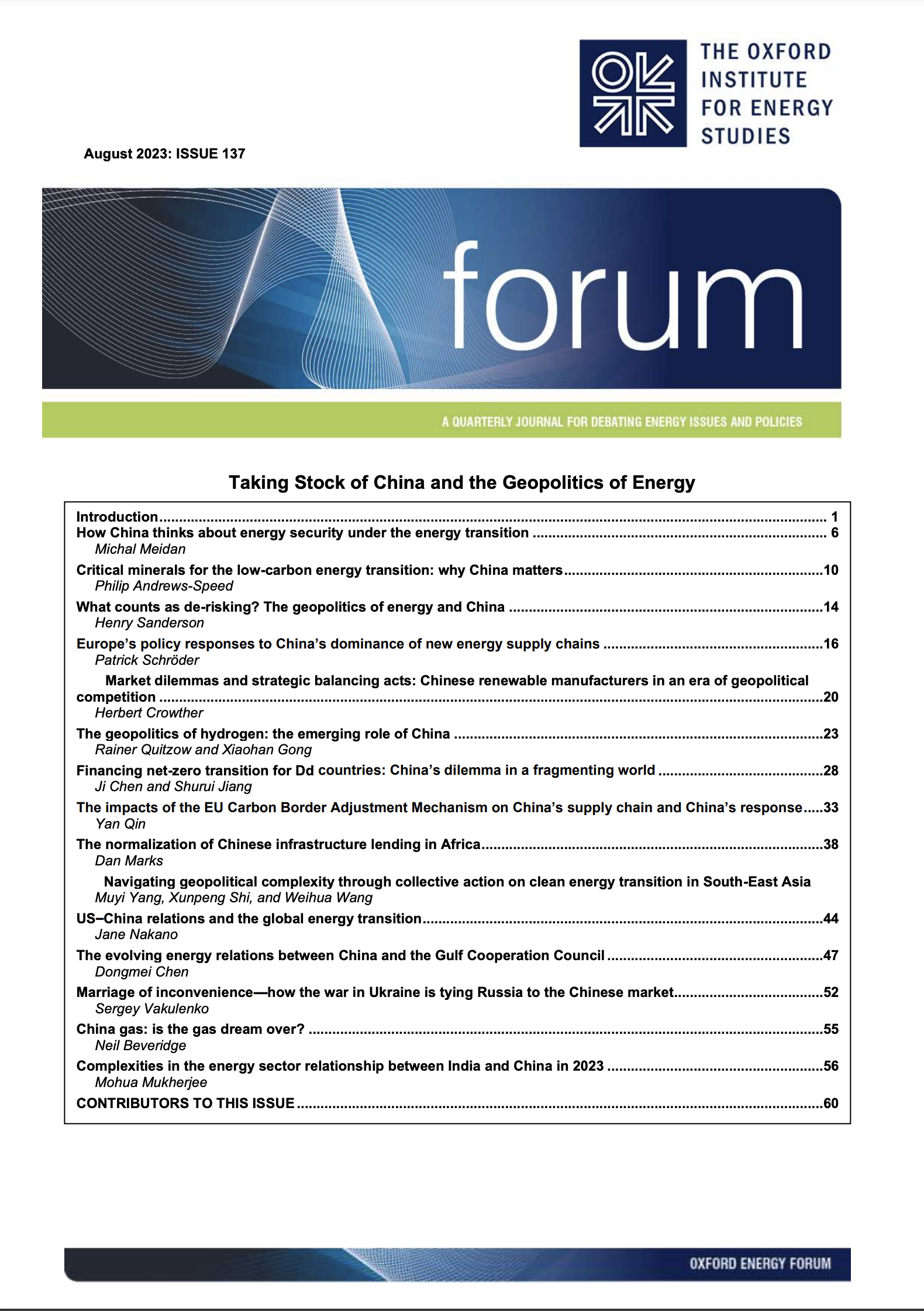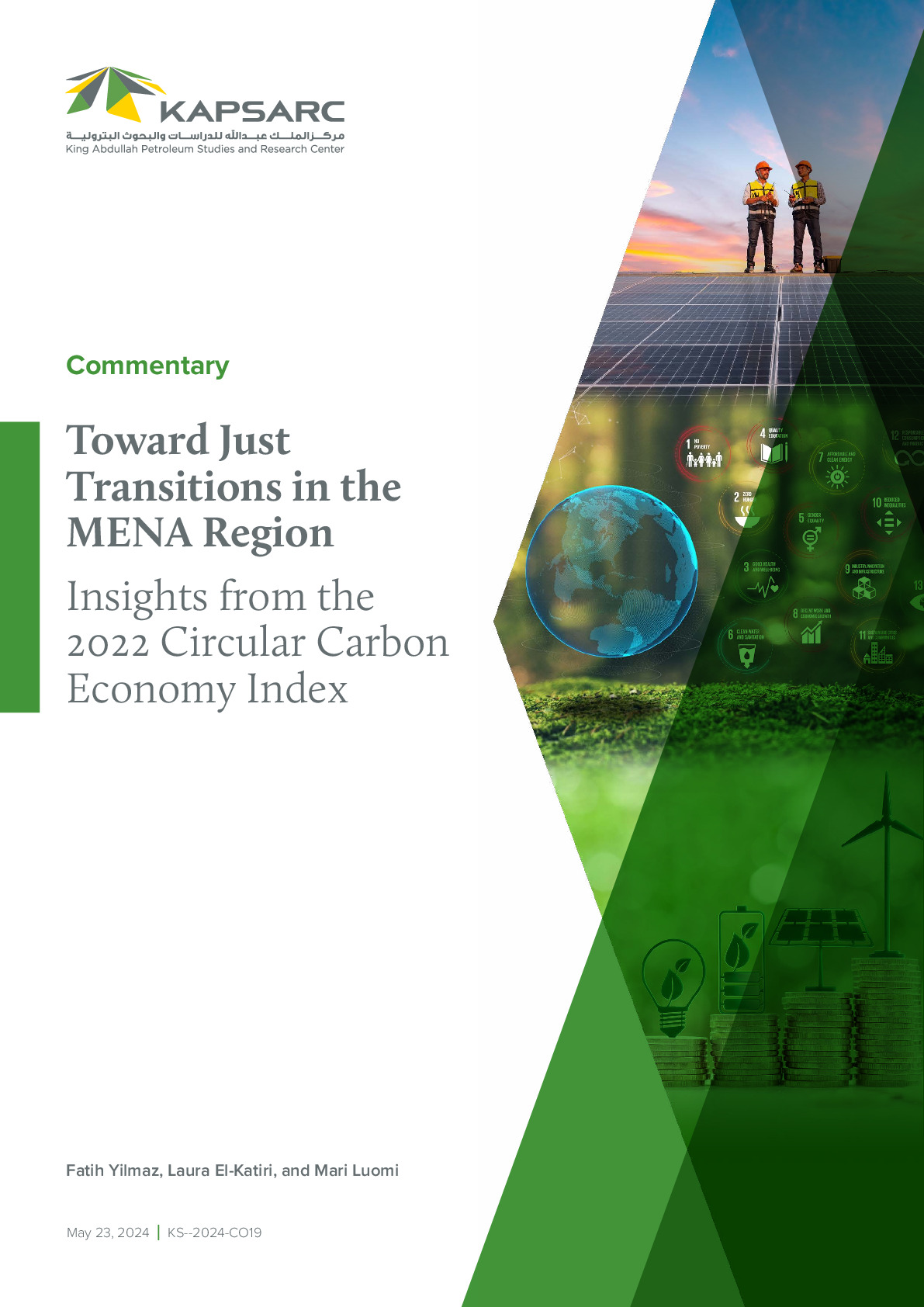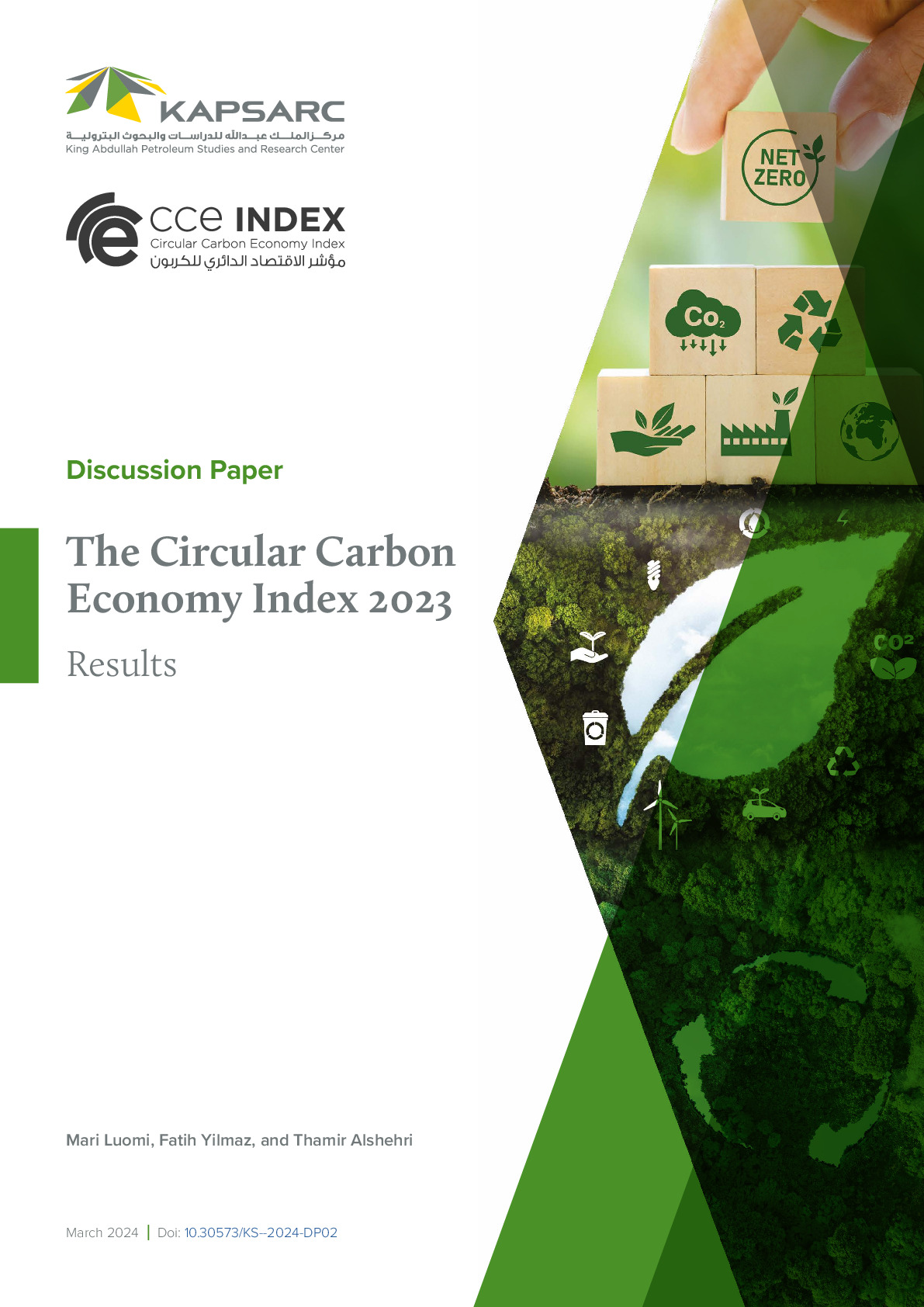At the United Nations (UN) General Assembly’s seventy-fifth session held on September 20, 2020, Chinese President Xi Jinping pledged that China would reach peak carbon emissions before 2030 and achieve carbon neutrality by 2060. This is seen as a significant step in the global efforts to fight climate change, and the goal has swept through China. Carbon peaking and carbon neutralization have become buzzwords across government, academia and the business world.

Fellow
Dongmei is a Research Fellow at KAPSARC with a focus on energy trade, energy investment and regional energy cooperation. She…
Dongmei is a Research Fellow at KAPSARC with a focus on energy trade, energy investment and regional energy cooperation. She has more than 20 years of experience in China’s energy and climate change policy development. Before joining KAPSARC, she worked at the Institute for Industrial Productivity (IIP) as a senior advisor and head of the China office, developing and disseminating best practices to improve industrial energy productivity. Before working at IIP, she worked at WWF China as director of the Climate Change and Energy Program, leading the design and implementation of the Low Carbon City Initiative in partnership with local Chinese governments and international networks. Before working at the WWF, she worked at China’s Ministry of Science and Technology, the Ministry of Water Conservation, and the Xinjiang Wind Energy Company.
Expertise
- Energy Trade
- Energy Investment
- Energy Politics
- Regional Cooperation
Publications See all Dongmei Chen’s publications

Taking Stock of China and the Geopolitics of Energy
At the United Nations (UN) General Assembly’s seventy-fifth session held on September 20, 2020, Chinese…
14th August 2023
Systematically Mapping Innovations in Electricity Using Startups: A Comprehensive Database Analysis
At the United Nations (UN) General Assembly’s seventy-fifth session held on September 20, 2020, Chinese…
7th August 2023



